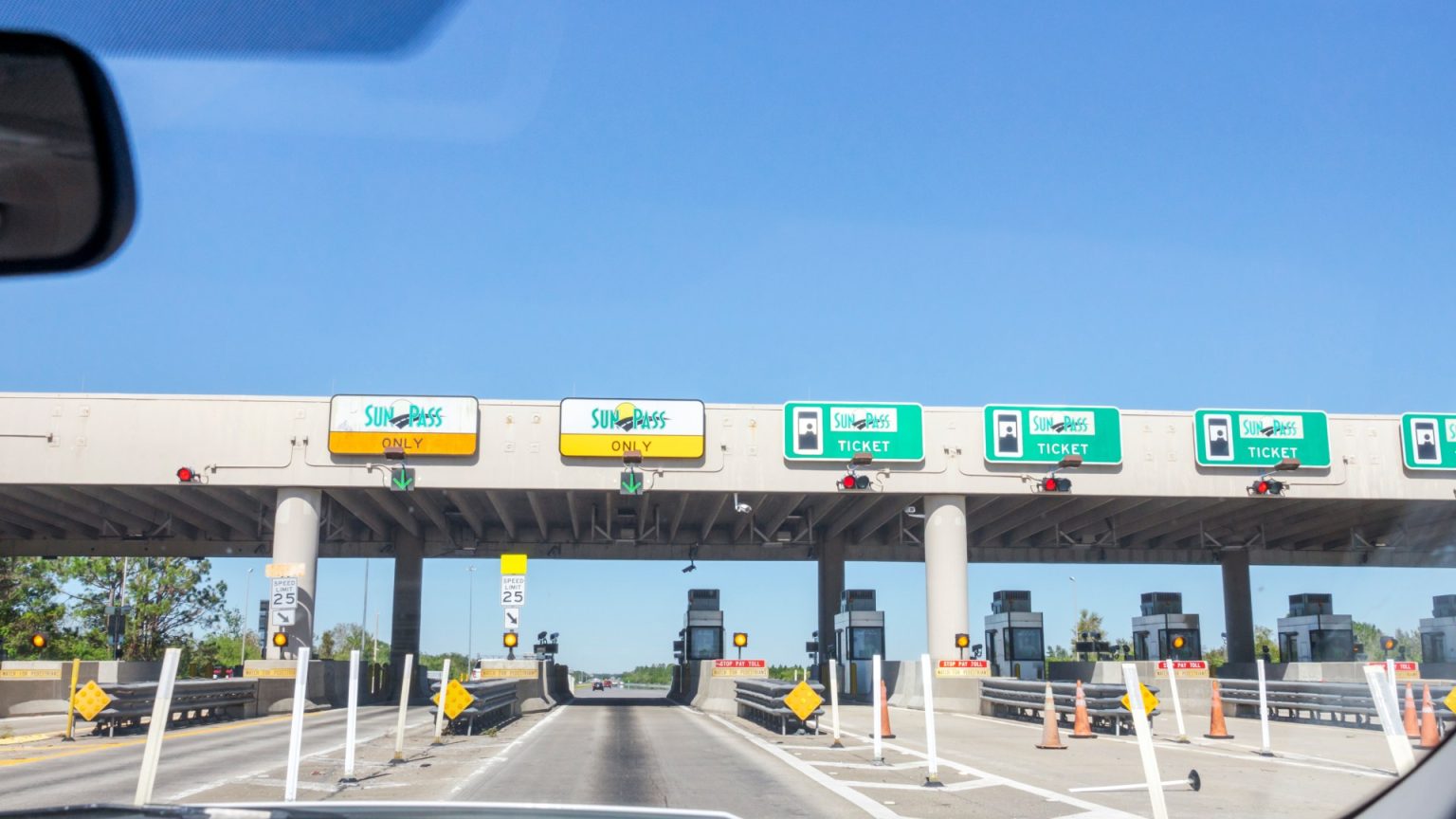A Driver’s harrowing tale of a $1,000 toll scam: A lesson in vigilance for us all
A close call with scammers: Makayla Crumedy’s story
Makayla Crumedy, a resident of Huntsville, Alabama, found herself in a heart-stopping situation when she nearly lost $1,000 to a deceptive scam disguised as an unpaid toll fee. Like many of us, Makayla, who had recently traveled to Florida, was expecting a toll payment notice in the mail. What she didn’t expect was a fraudulent text message that would put her finances at risk. The scam, which has victimized several unsuspecting car owners, highlights the cunning tactics scammers use to exploit our trust in official-sounding notifications. For Makayla, the situation unfolded when her grandmother received a text about an unpaid toll, complete with a link to pay the fees. "My grandmother sent me a text message saying, ‘The toll that you were talking about, they sent a text message. I need you to pay it just so our insurance doesn’t go up,’” Makayla recounted.
How the scam unfolded and the red flags that caught her attention
Makayla’s grandmother, believing the message to be legitimate, forwarded it to her. Makayla, wanting to resolve the issue quickly, clicked on the link and entered her banking information to pay the bill. However, when no confirmation email arrived, her suspicions were aroused. She immediately asked her grandmother to send a screenshot of the message, and what she saw confirmed her worst fears. The message had come from an email address with a jumble of random letters—clearly not an official source.
Swift action and a race against time
Realizing she had fallen victim to a scam, Makayla wasted no time in contacting her bank. “They immediately wanted to close my account, but I told them that now was not the best time,” she explained. Her quick thinking and proactive approach likely prevented further damage. The bank agreed to monitor her account closely, and they promised to act swiftly if any suspicious activity was detected.
A costly lesson: Over $1,000 lost but eventually recovered
Despite her vigilance, Makayla was hit with charges exceeding $1,000. The financial blow was significant, especially in today’s challenging economic climate. “It makes me disheartened, especially with the economy that we have now,” she said. “Everything is so expensive. I know everybody’s trying their hardest to get money and be able to save it for themselves for any type of emergency. It’s really sad that some people have to go to these links to just make a living.” Makayla’s words echo the frustration and helplessness many feel when they fall prey to such scams.
Fortunately, Makayla was able to recover her stolen funds after filing a fraud claim with her bank. Her experience serves as a stark reminder of the importance of staying vigilant in the face of unsolicited messages. She has since become an advocate for spreading awareness, urging others to be cautious. “If it’s an email address that’s texting you, just delete it. It’s more than likely going to be a scam,” she advised.
Expert advice: How to spot and avoid such scams
The Better Business Bureau (BBB) has also weighed in on the matter, emphasizing that no official toll office will ever send a text message with a link demanding payment. Belinda McCormick, Vice President of the Better Business Bureau of North Alabama, shared that a key red flag of such scams is the threat of legal consequences, such as losing your license, if the payment isn’t made immediately. Legitimate agencies will not communicate in such a manner.
McCormickceans urged anyone who receives a suspicious text message to delete it immediately and block the number. She also advised individuals to verify any claims directly with the relevant authorities or organizations. By taking these steps, we can protect ourselves from falling into the traps set by scammers.
How to avoid falling victim to similar scams in the future
To steer clear of such scams, experts recommend adopting a few simple practices. First, always verify the source of a message. If it’s from an unfamiliar number or an email address with random characters, it’s best to err on the side of caution and delete it. Second, never click on links in unsolicited messages. Instead, visit the official website of the organization directly to check for any outstanding fees or issues. Finally, remember that legitimate organizations will not threaten you with immediate legal action via text or email.
By staying informed and taking these precautions, we can reduce the risk of falling prey to scams like the one Makayla Crumedy encountered. Her story is a powerful reminder of the importance of vigilance and the need to stay one step ahead of scammers.
A final word: Staying safe in a world of scams
Scams like the one Makayla experienced are a stark reminder of the importance of staying vigilant in our increasingly digital world. Scammers are constantly evolving their tactics, and it’s up to us to stay informed and take the necessary precautions to protect ourselves. By sharing stories like Makayla’s, we can help spread awareness and empower others to avoid falling into similar traps. Remember, if it seems too urgent or too good (or bad) to be true, it probably is. Always verify, always question, and never hesitate to seek help when in doubt.
In an era where scams are becoming increasingly sophisticated, it’s more important than ever to prioritize our financial and personal security. Let Makayla’s story serve as a warns


